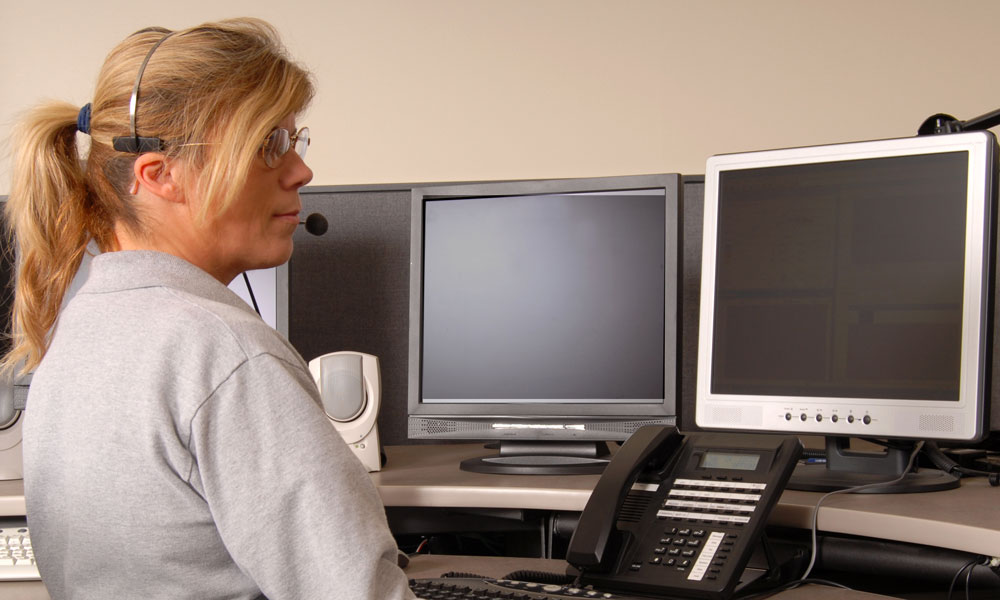
911 Association: System Upgrades Happening Too Slowly
Despite the fact that the digital technology is already out there in the private sector, 911 systems in communities nationwide are still poking along on landlines. The National Emergency Number Association says that upgrades are necessary to match the way the public communicates—and, most importantly, to keep people safe.
The 911 system is an essential way to save lives, one that plays an important role in many communities.
But the technology, more than four decades old, is getting a bit long in the tooth, which is causing some, such as the National Emergency Number Association, to advocate for modernizations that didn’t exist even two decades ago.
Since 2000, NENA has been taking steps to push local communities toward updated technology, specifically the use of internet protocol, or IP, services that represent a full infrastructure change from the traditional landline-based systems currently in use in many places. The new technology is becoming even more necessary as the public actively communicates through means other than voice, including texting and video.
In comments to StateTech magazine, NENA CEO Brian Fontes said that the lack of upgrades were holding 911 operators back.
“911 has been around for a little over 40 years,” Fontes told the magazine. “Forty years ago, we didn’t have data, we didn’t have text, we didn’t have video or anything else. Today, most wireless consumers have smartphones in their hands that are capable of doing amazing things, but our 911 centers are really tethered to last-century technology.”
It’s silly that Uber or Google can find me and 911 can’t.
Falling Behind Uber
So far, the process has been very slow: Despite a goal by many phone companies to have most 911 systems upgraded by 2020, few systems are currently up to modern standards, even though the upgraded systems have major benefits, including improved call routing and more detailed caller data.
Trey Forgety, NENA’s government affairs director, told the Herald-Dispatch that common phone call data is already used by major private-sector companies.
“If there’s something in the handset that can help us find a 911 caller, we ought to be using those,” Forgety told the newspaper. “It’s silly that Uber or Google can find me and 911 can’t.”
The investment in the systems, beyond matching use patterns of the public, could lead to cost savings down the line. For example, the Herald-Dispatch notes that individual call centers could consolidate into regional centers.
What’s Behind the Funding Issues?
Evelyn Bailey, director of the National Association of State 911 Administrators, told the newspaper that states and local governments haven’t made 911 upgrades a priority.
“My guess is that people aren’t thinking about this and are not budgeting for it,” Bailey explained. “Those devices are not particularly cheap.”
But governments aren’t the only issue. In recent years, Verizon and AT&T have been sued by a number of states because the firms have been offering discounts to businesses by cutting the required 911 fees.
While NENA isn’t involved in the lawsuits, Fontes noted that the situation was probably affecting investments in the 911 system.
“The consequences are that you’re not making the upgrades in equipment. You’re not able to staff the centers as they should be,” he told The Wall Street Journal this week.
(iStock/Thinkstock)






Comments